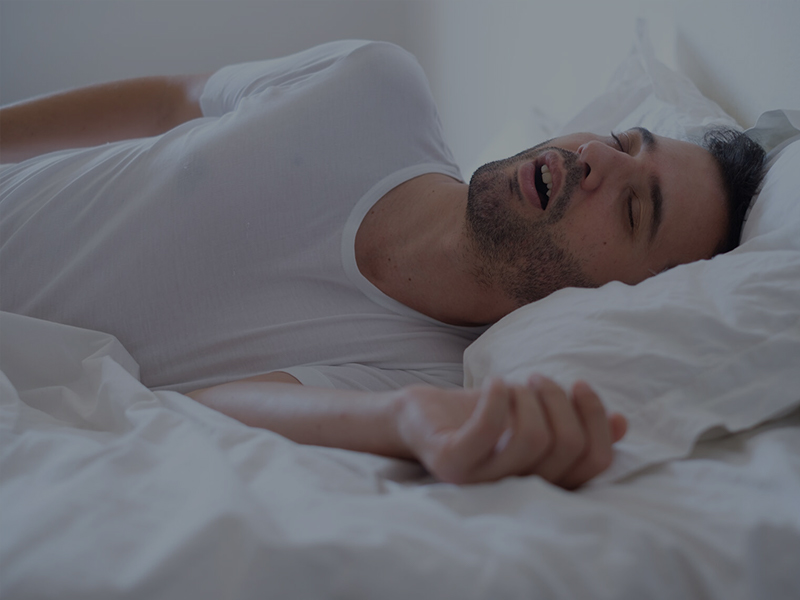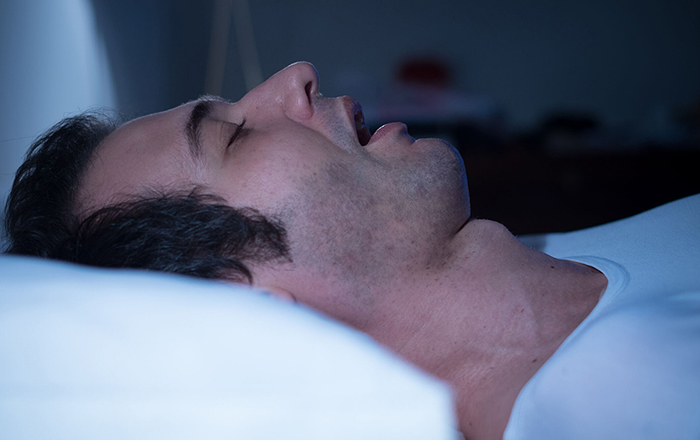

If you have a bed partner, you probably already know if you're snoring.
Our goal is to help you and your bed partner have good sleep quality.
The tips below can help you better determine whether you are snoring during sleep.
If you're not sure if you snore, there are signs you can look out for. Include:
Morning headaches
Excessive sleepiness during the day
Gasping or choking at night
Being tired or irritable during the daytime
Difficulty concentrating
Waking up with a dry sore throat
Snoring can be caused by a variety of factors, such as the physiology of the mouth and sinuses, alcohol consumption, allergies, colds and overweight.
When you sleep deeply, the muscles in the roof of the mouth (soft palate), tongue, and throat relax, which can also cause snoring.


Snoring is often associated with sleep disturbances. Not all snorers have Obstructive Sleep Apnea (OSA). If you want to know if you have Sleep Apnea, just ask a sleep specialist for help.
Snoring and sleep apnea (also spelled apnoea) are linked at an alarming rate – three in 10 men and nearly two in 10 women who are habitual snorers suffer from some degree of obstructive sleep apnea.
Sleep apnea prevents you from getting the healthy sleep you need to lead a refreshed, energetic life. So don't ignore your snoring, no matter what the cause, pay attention.
